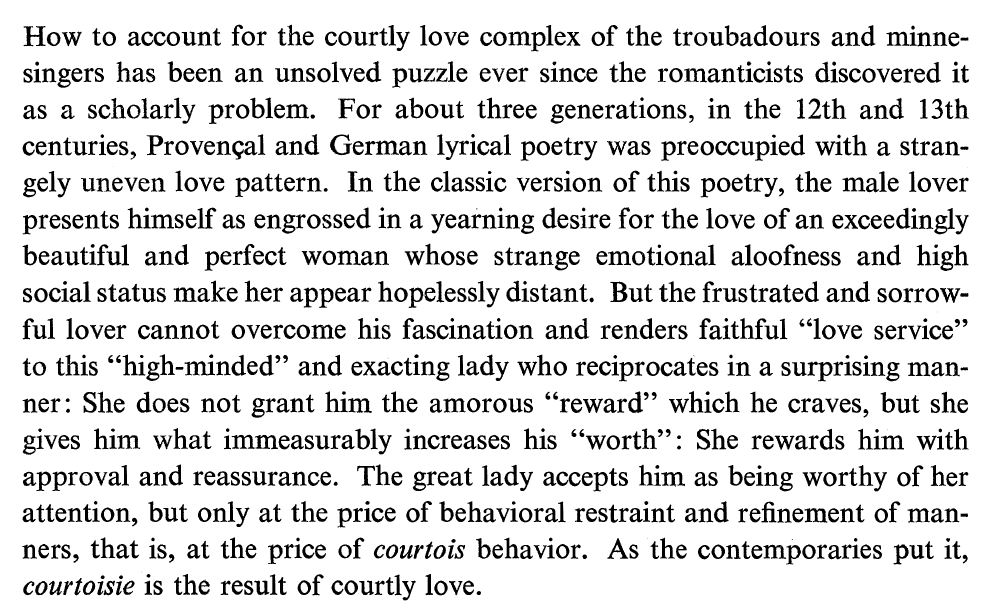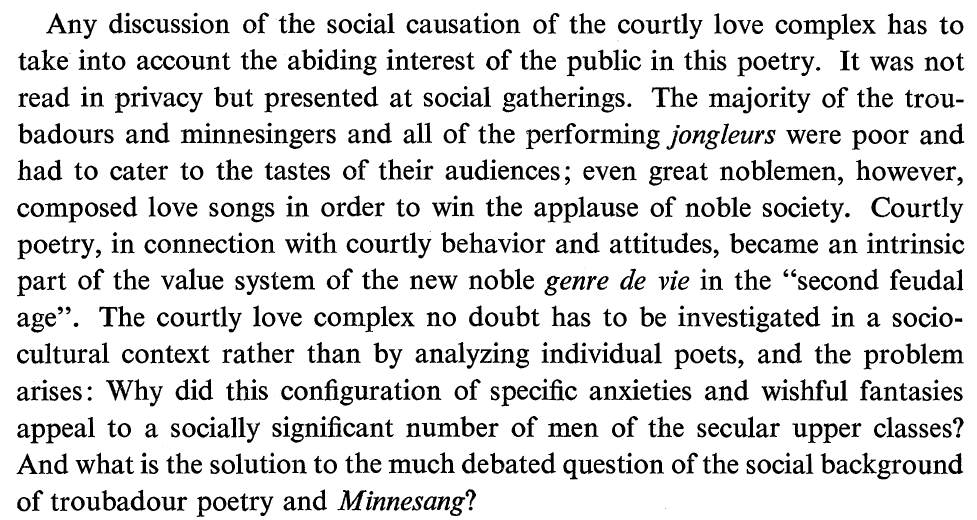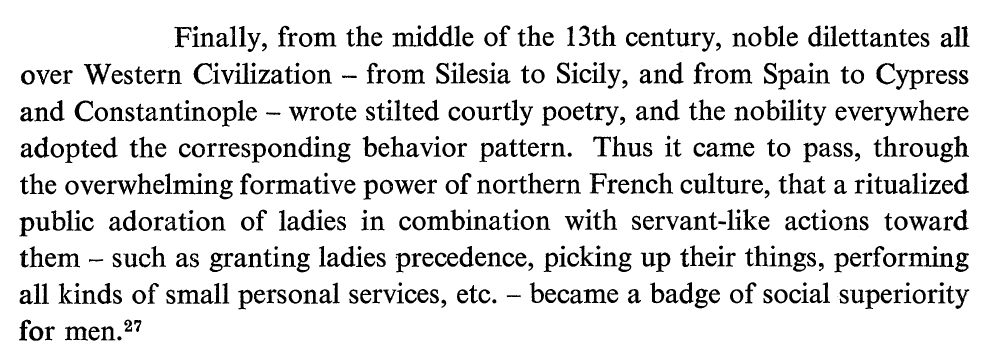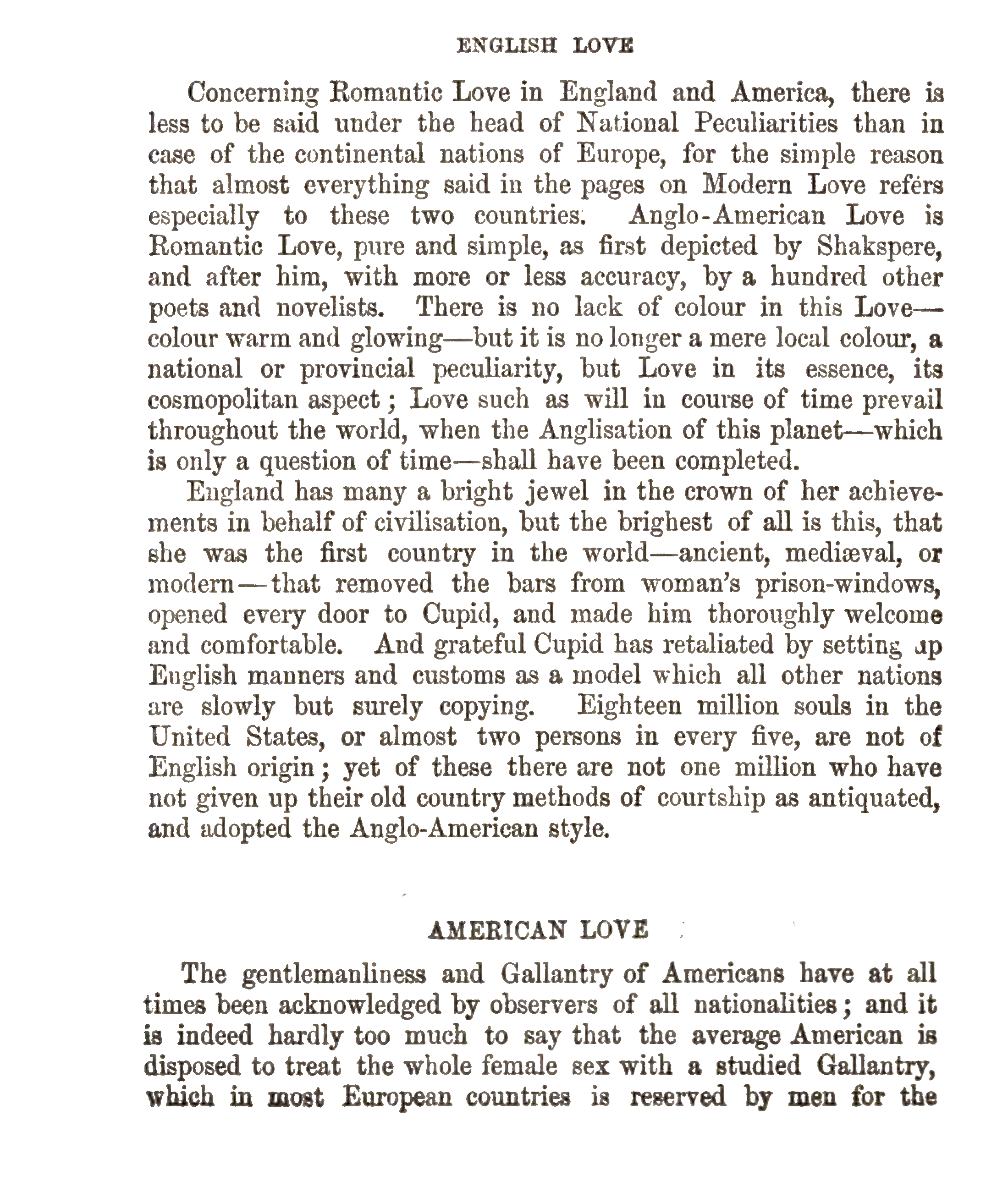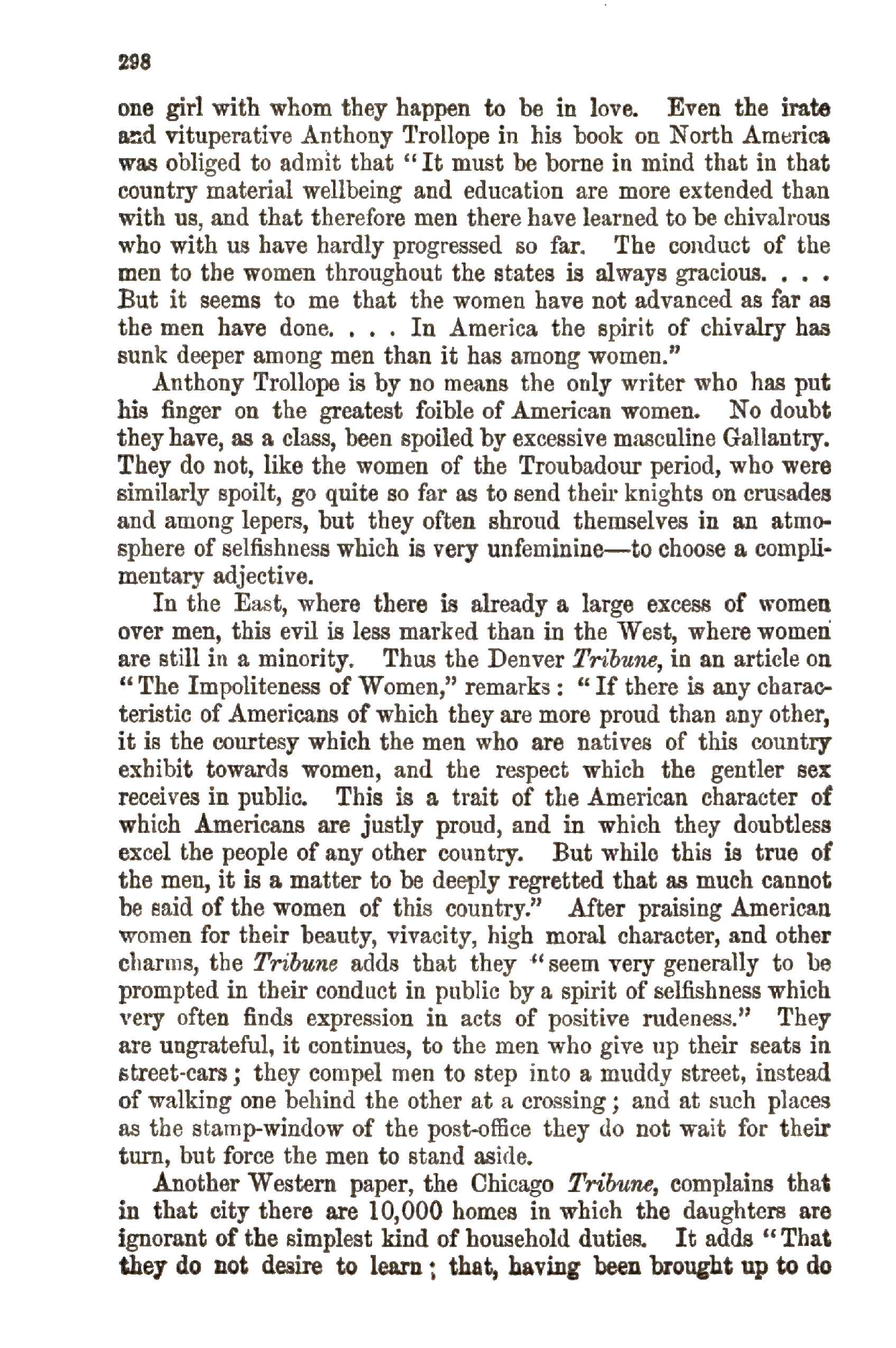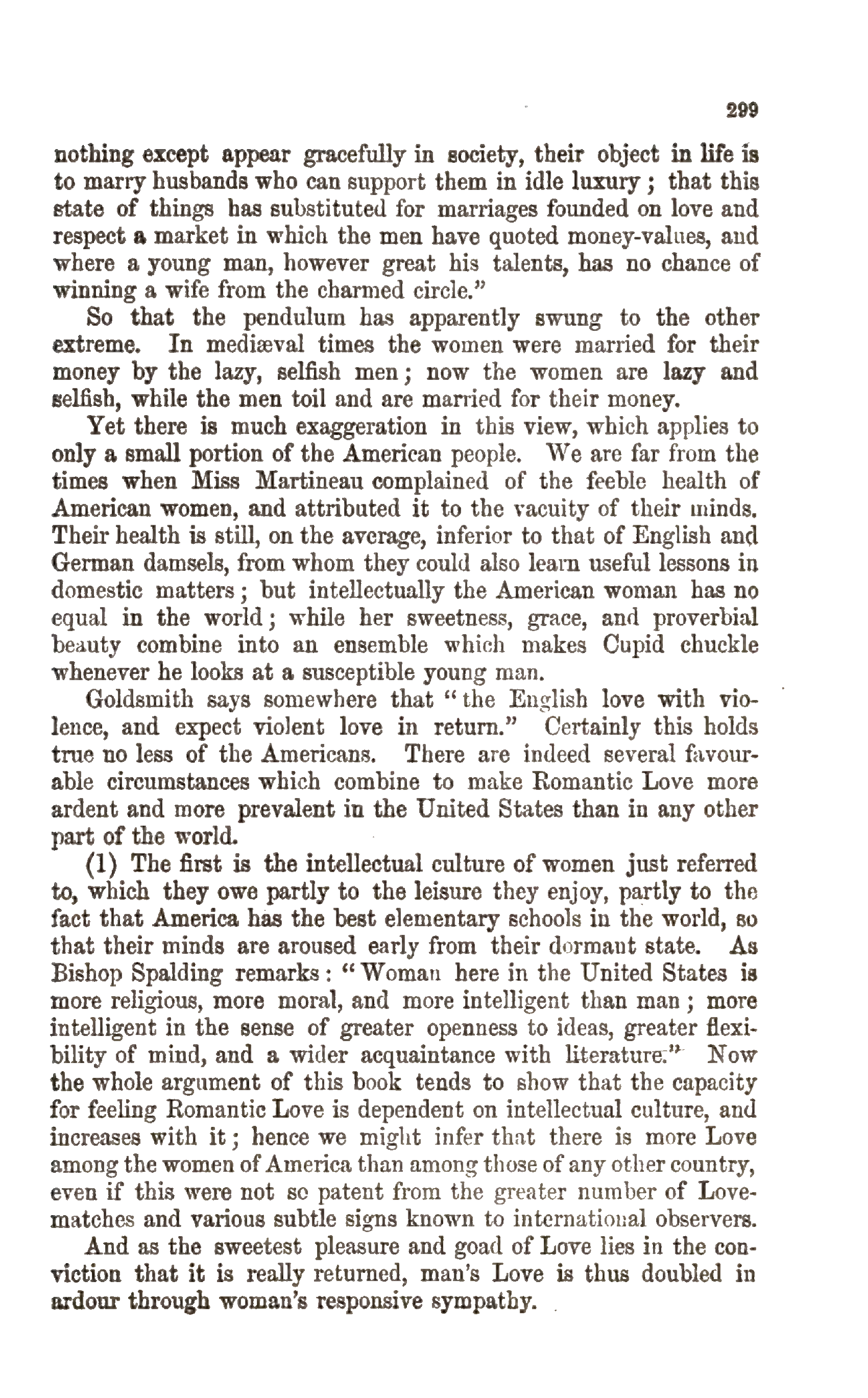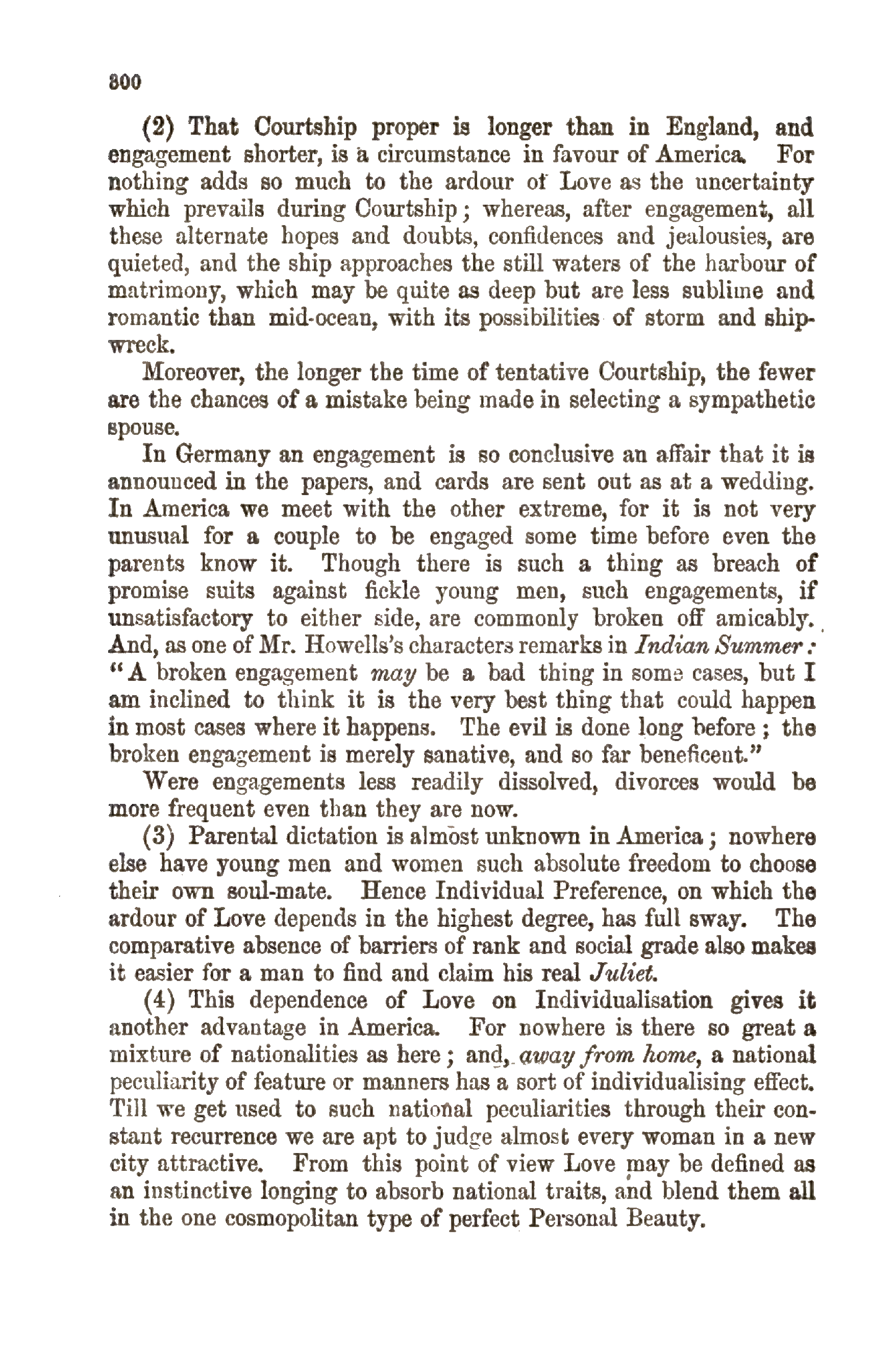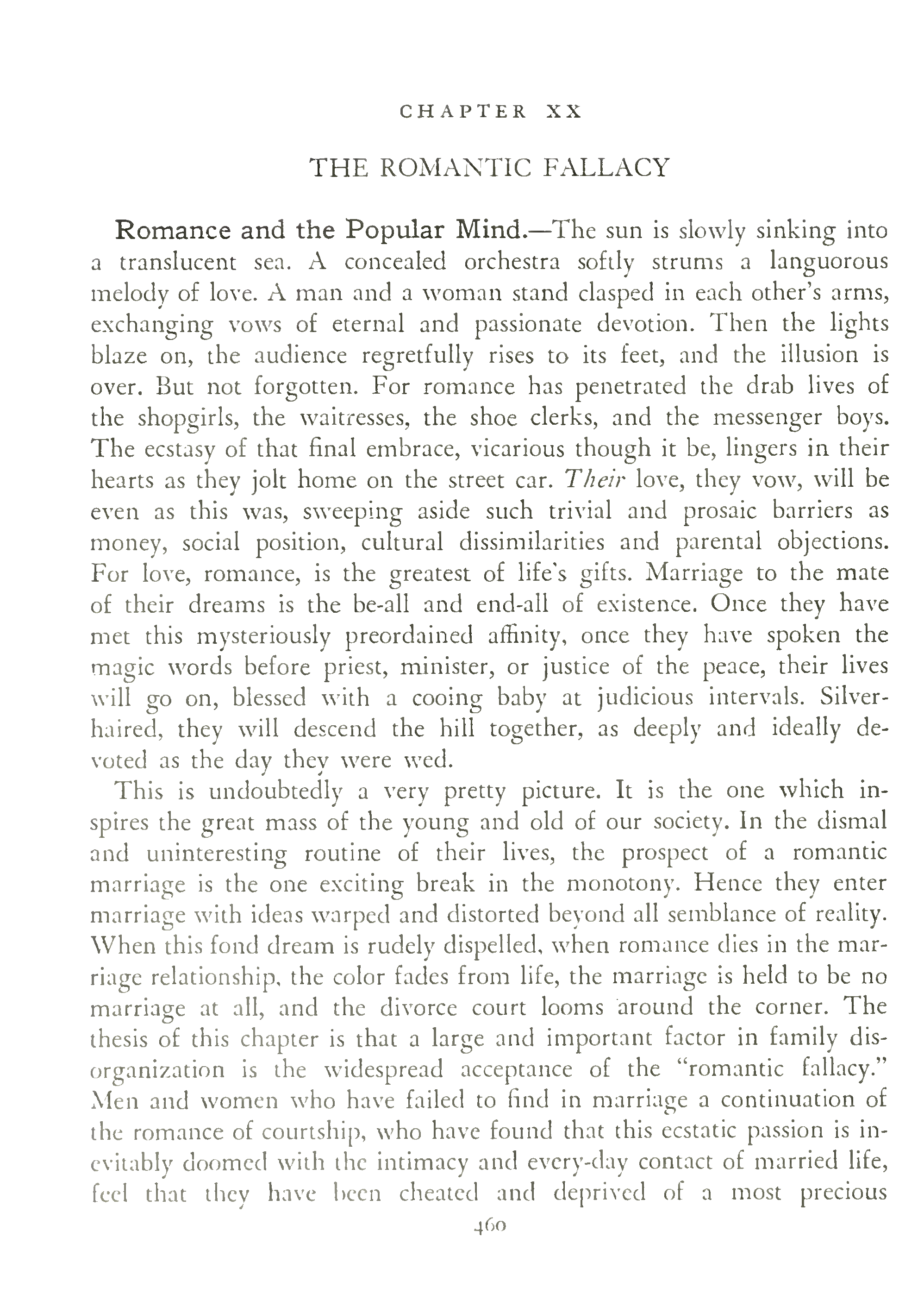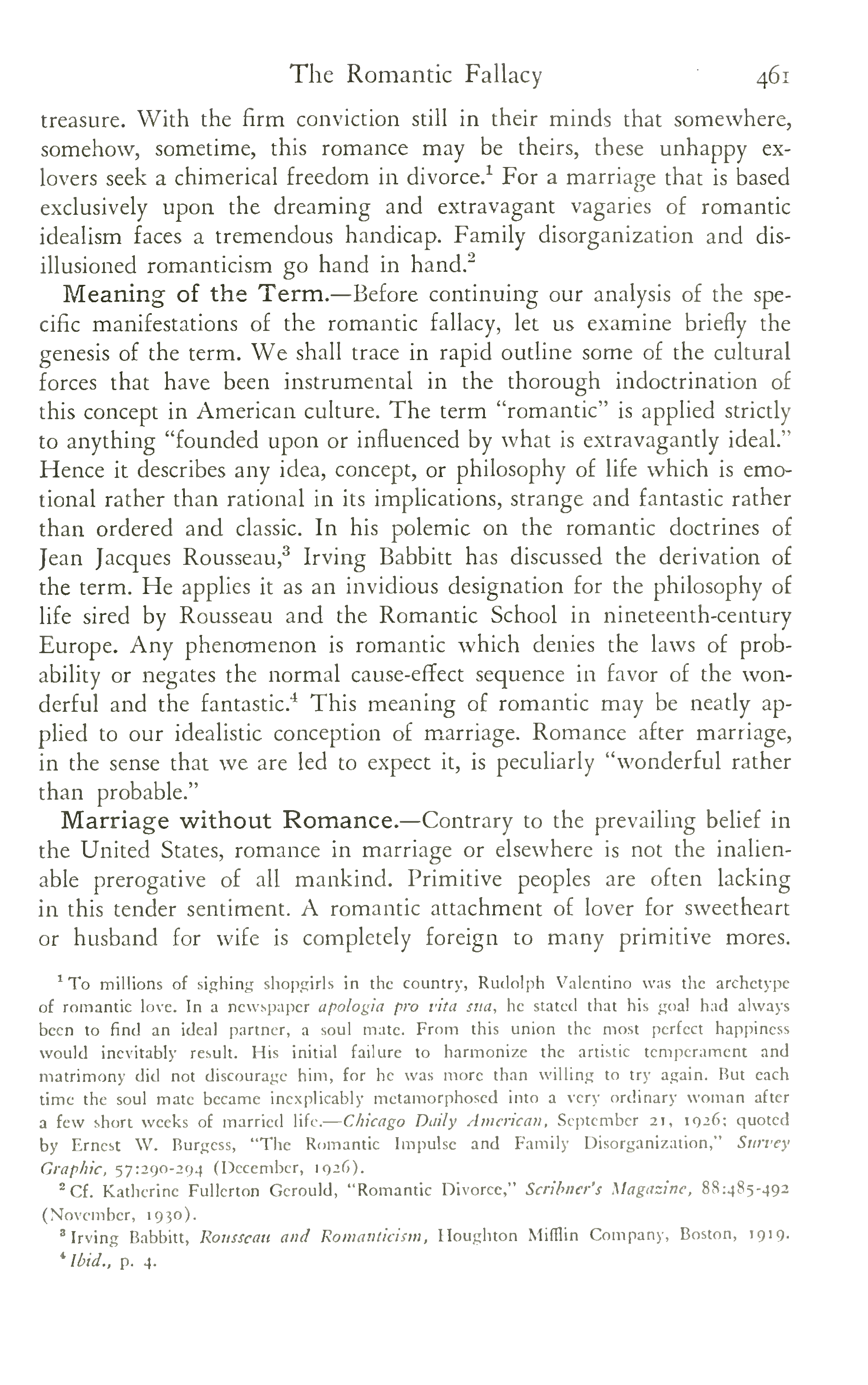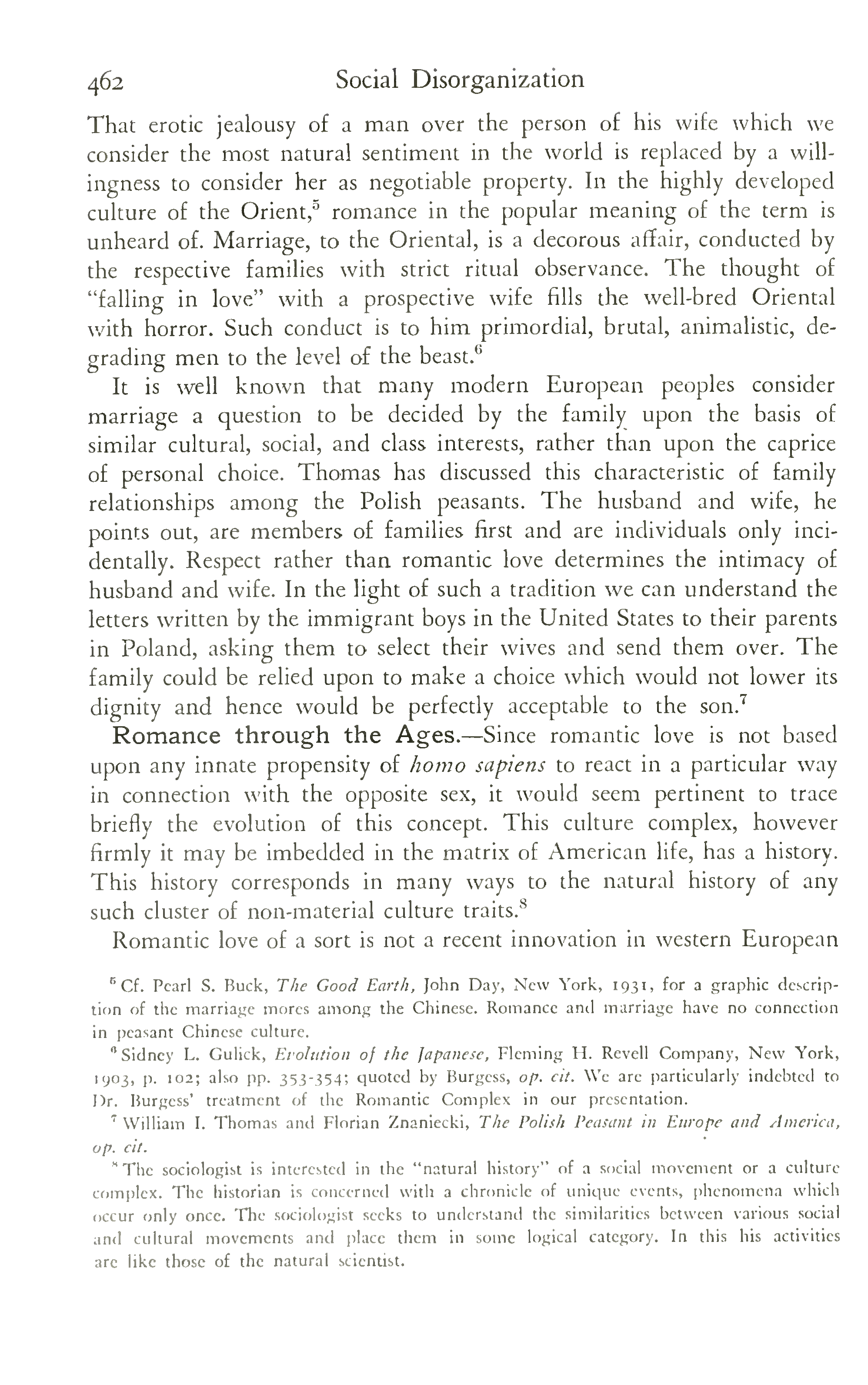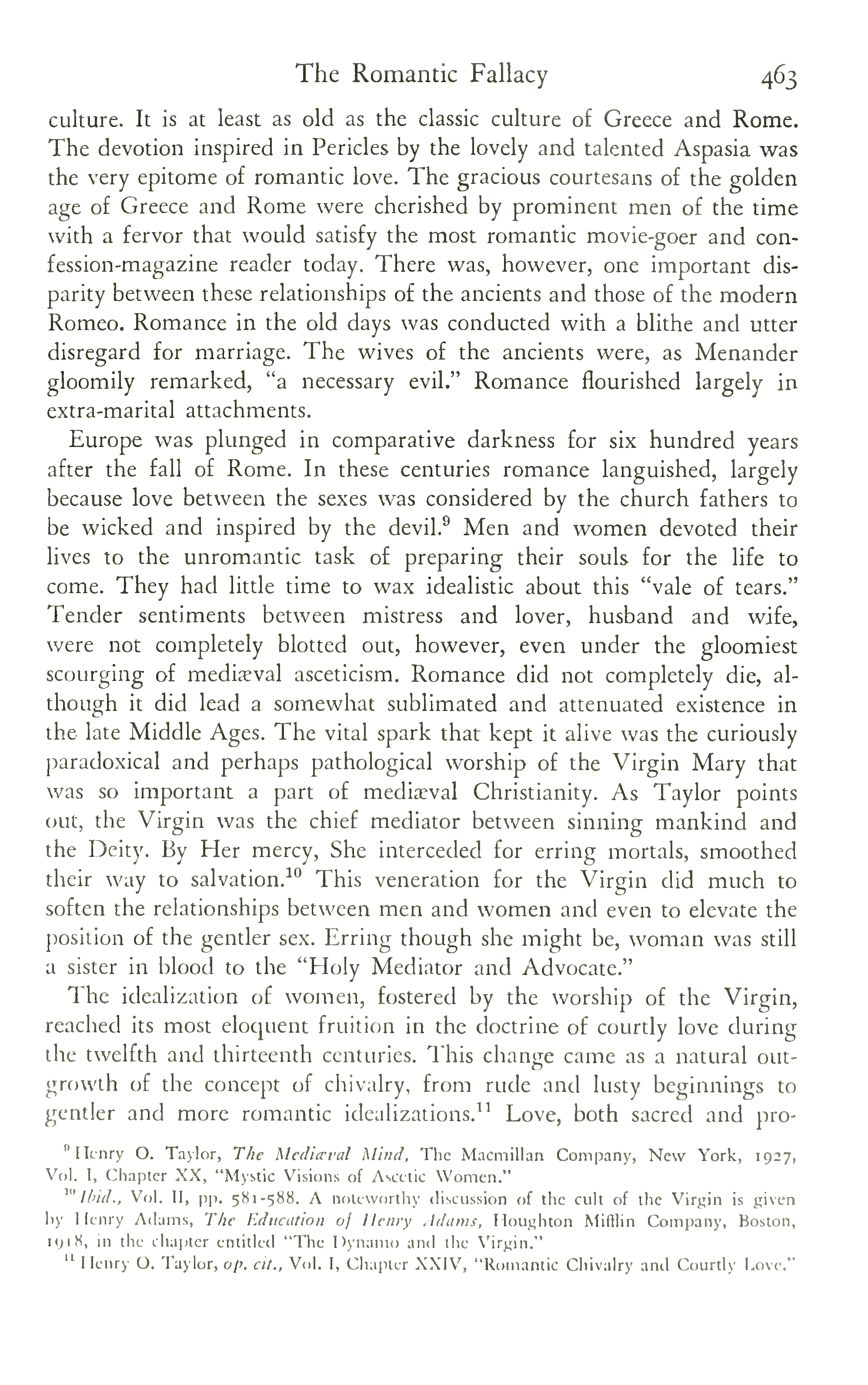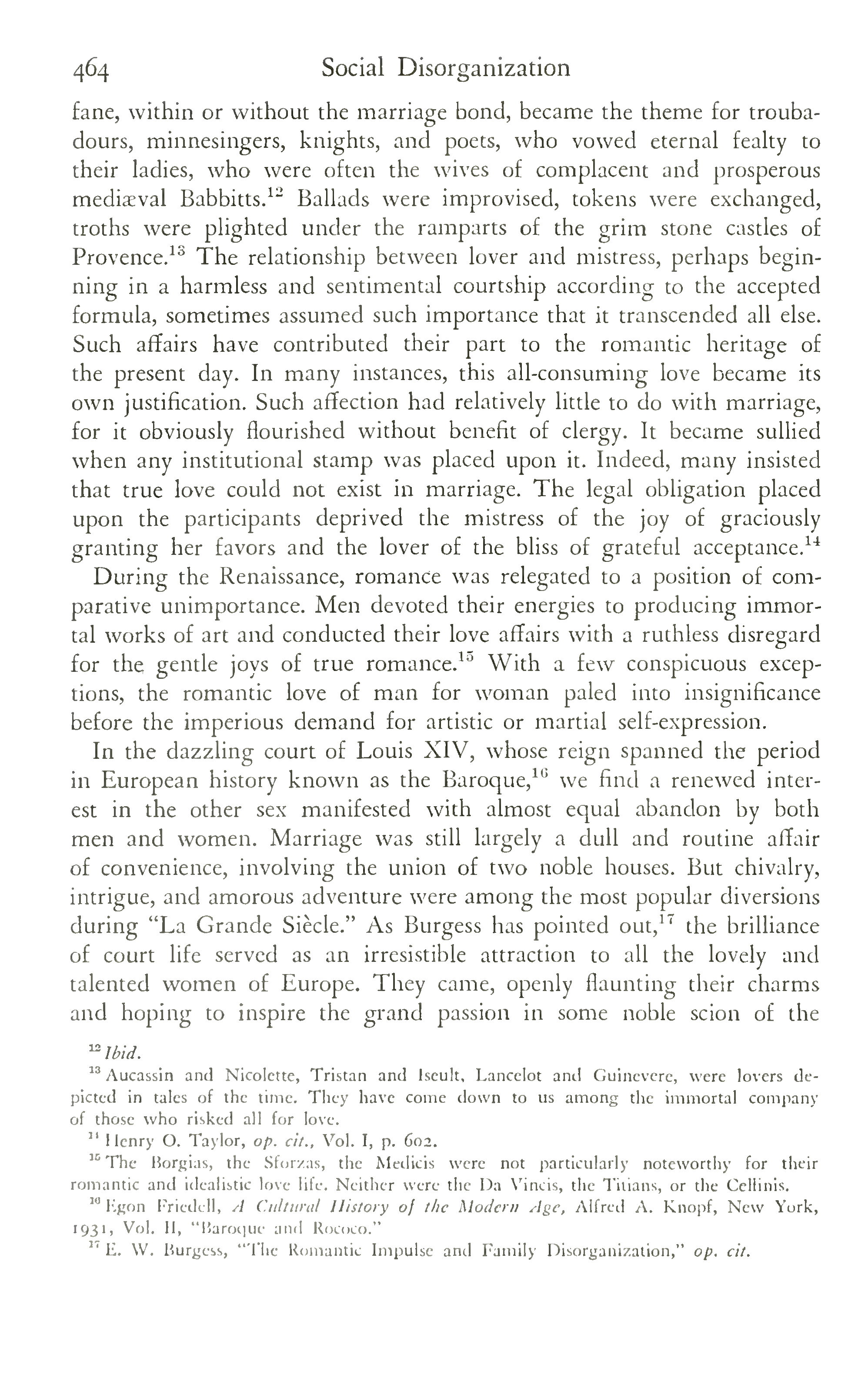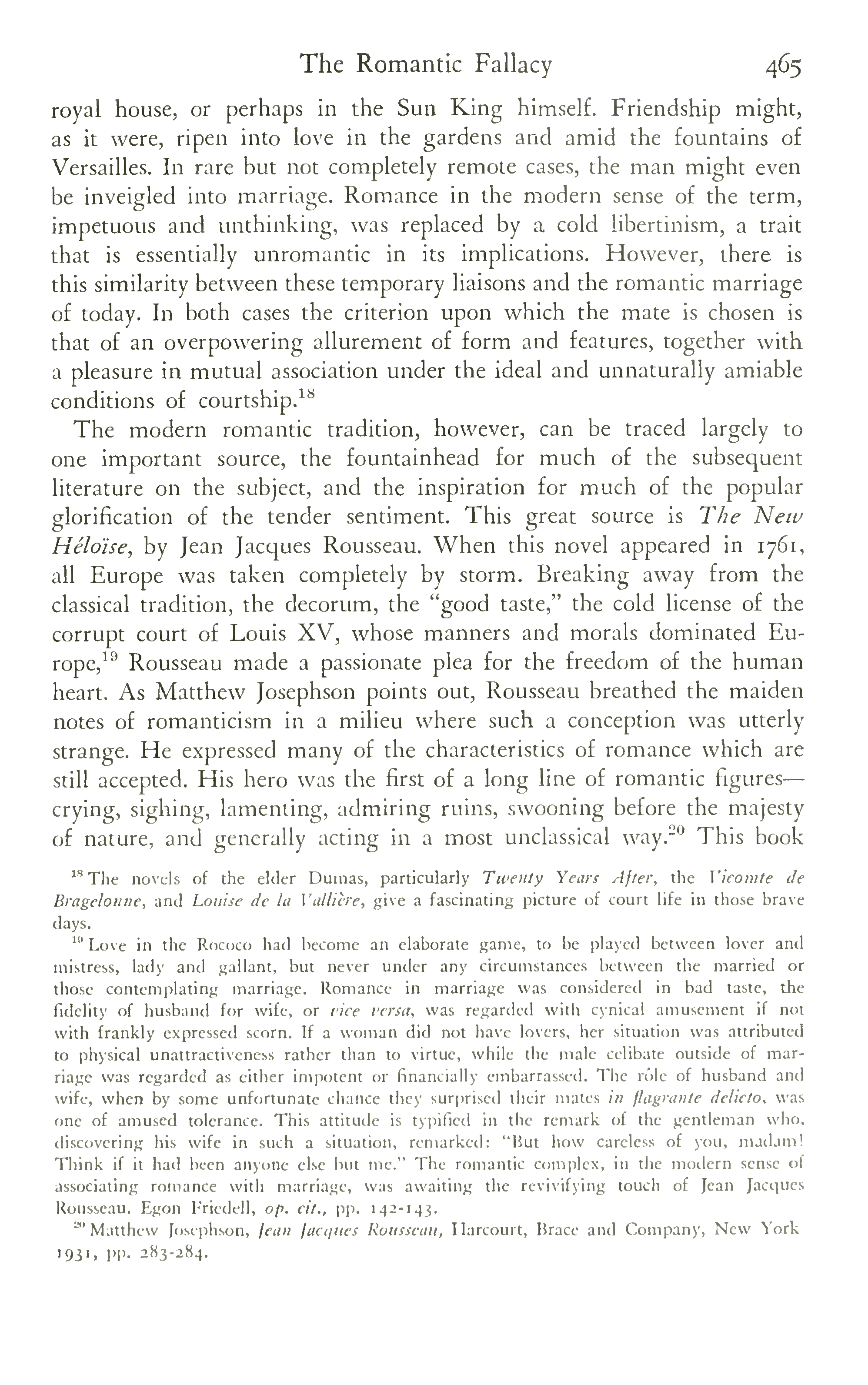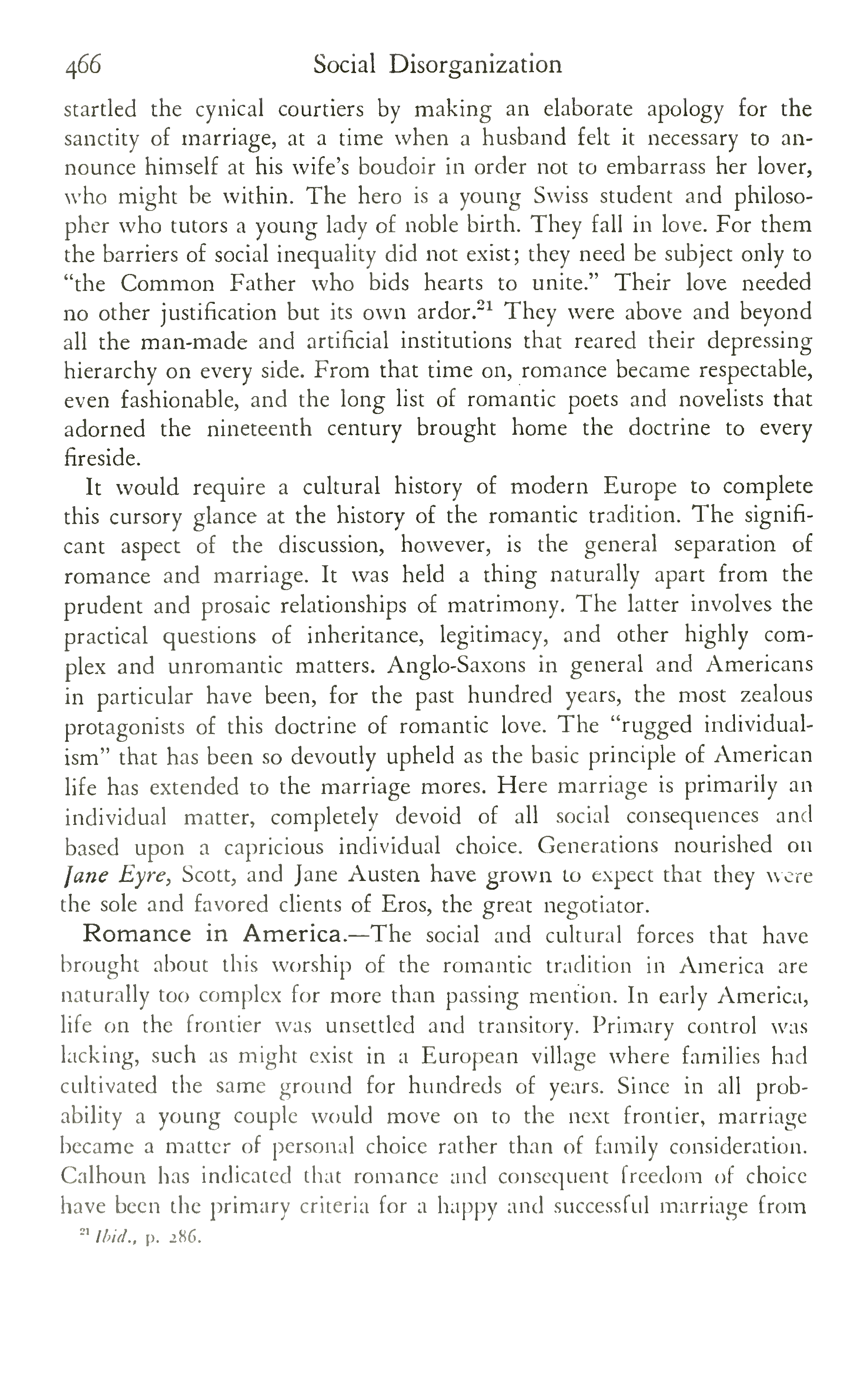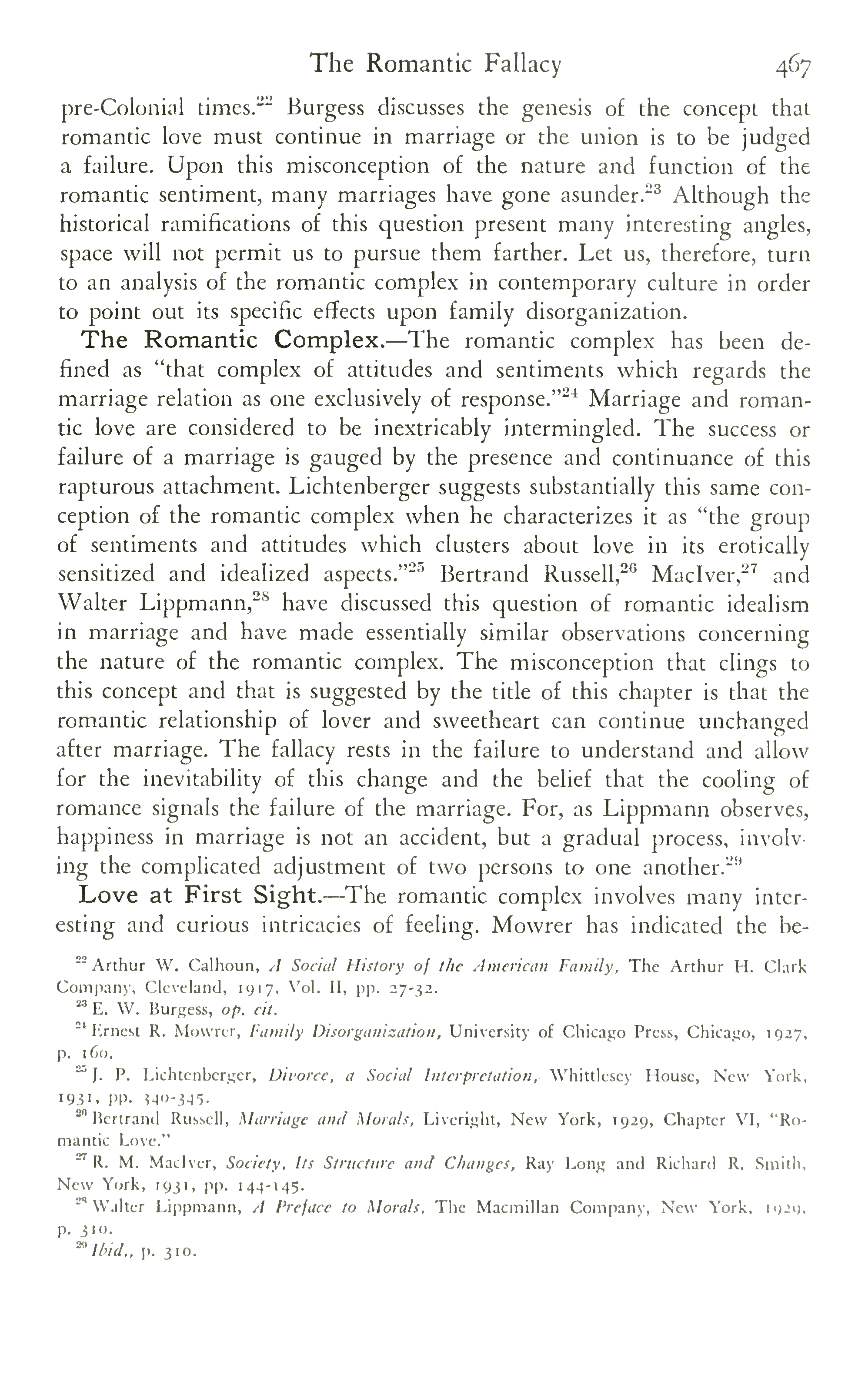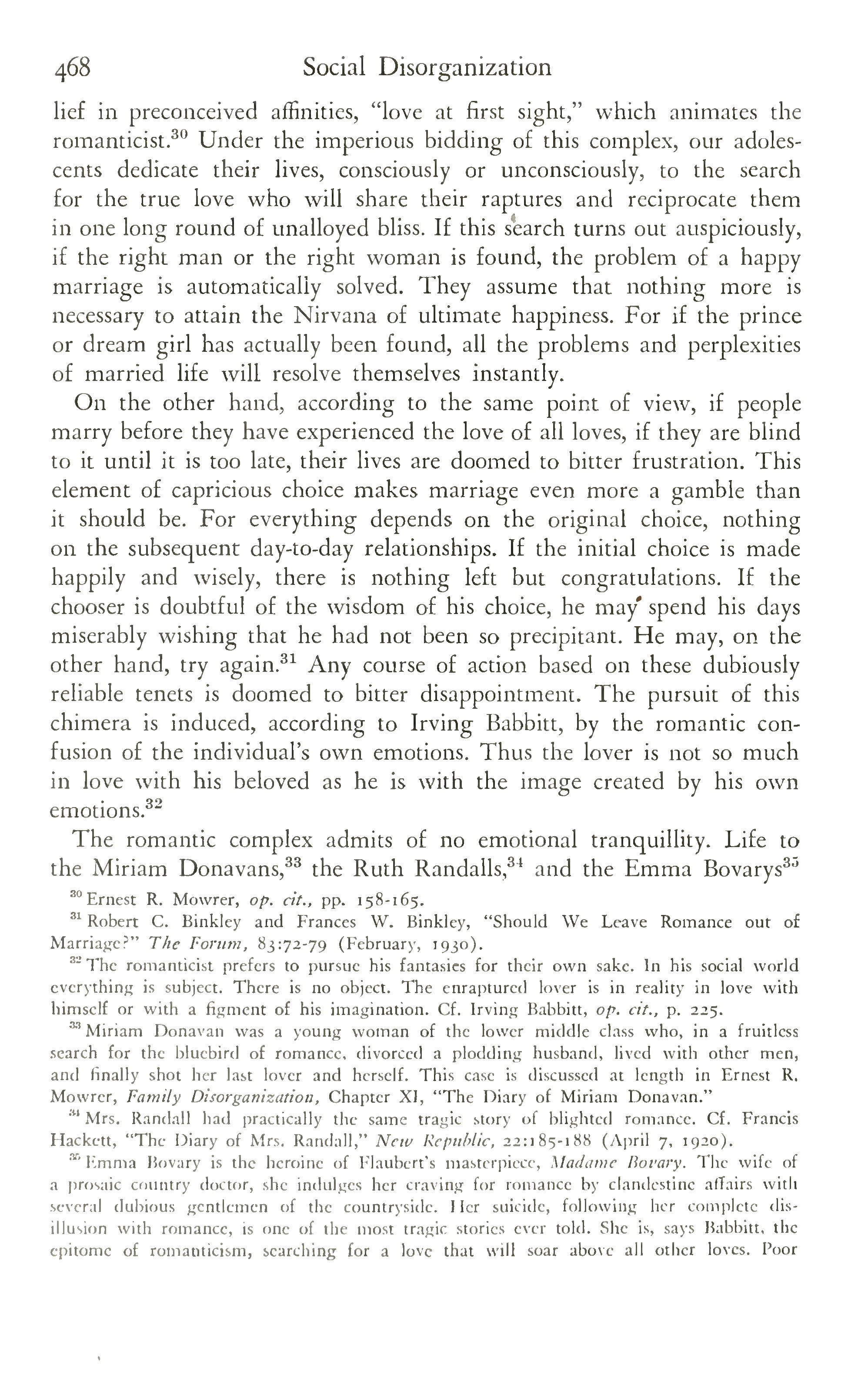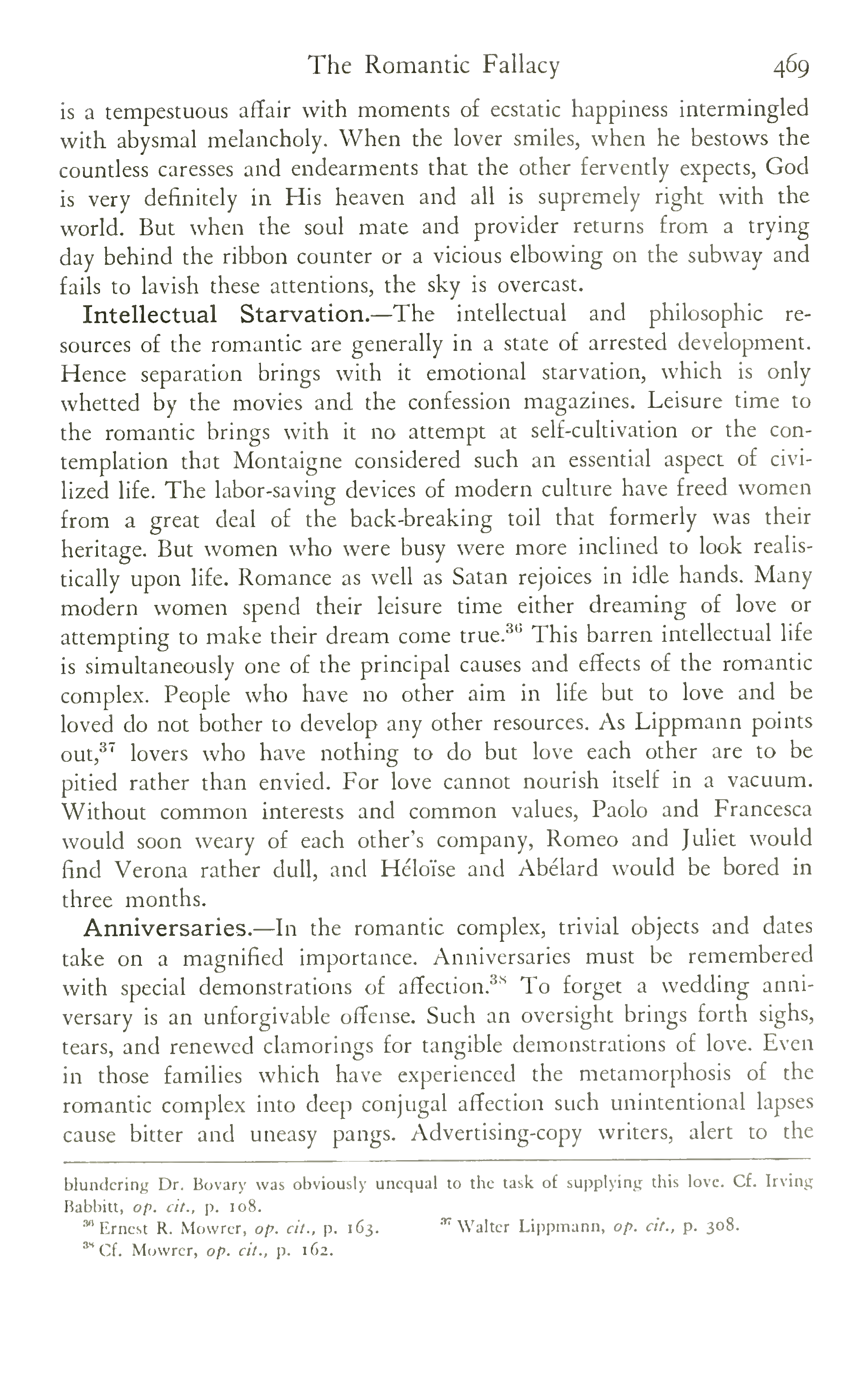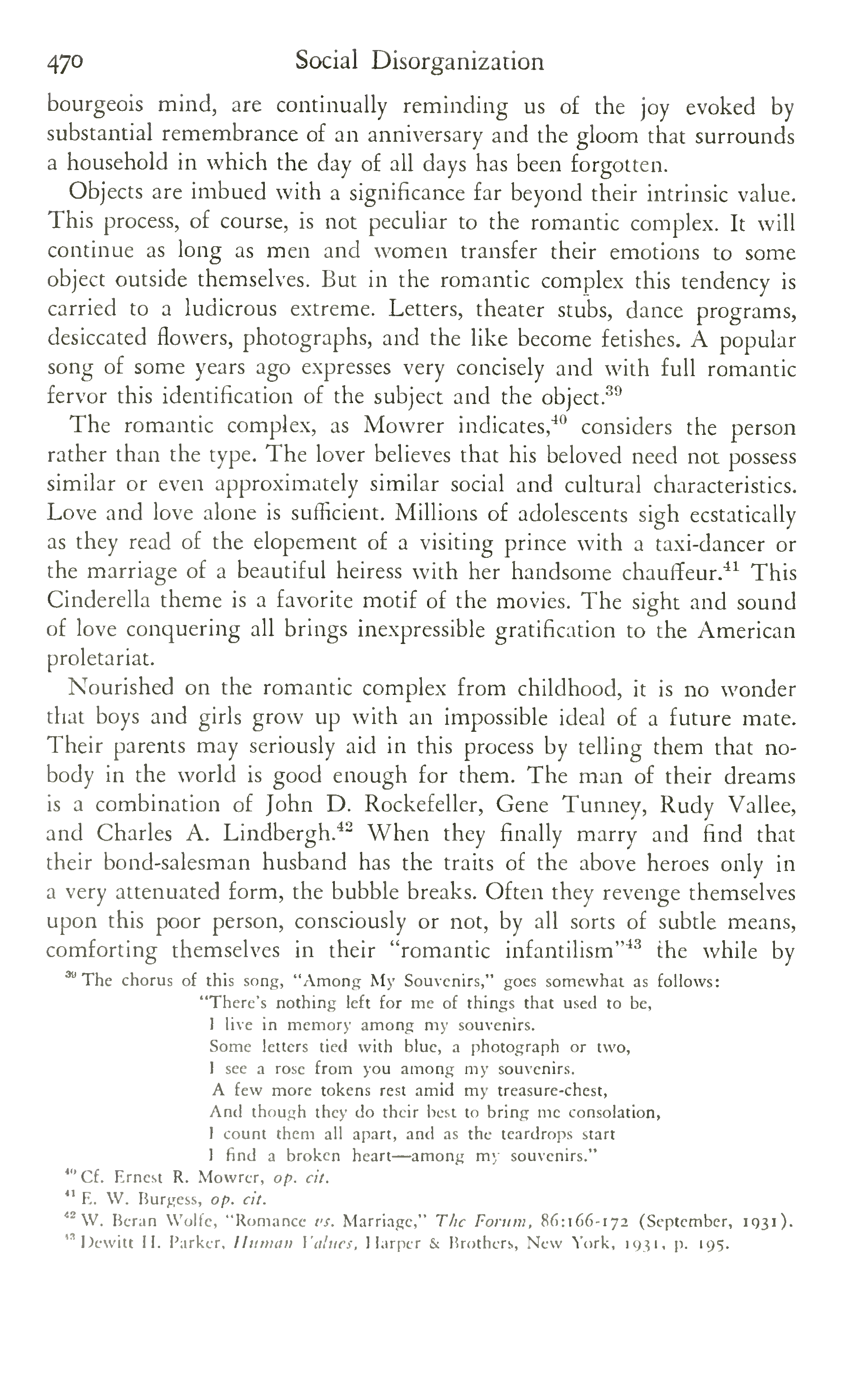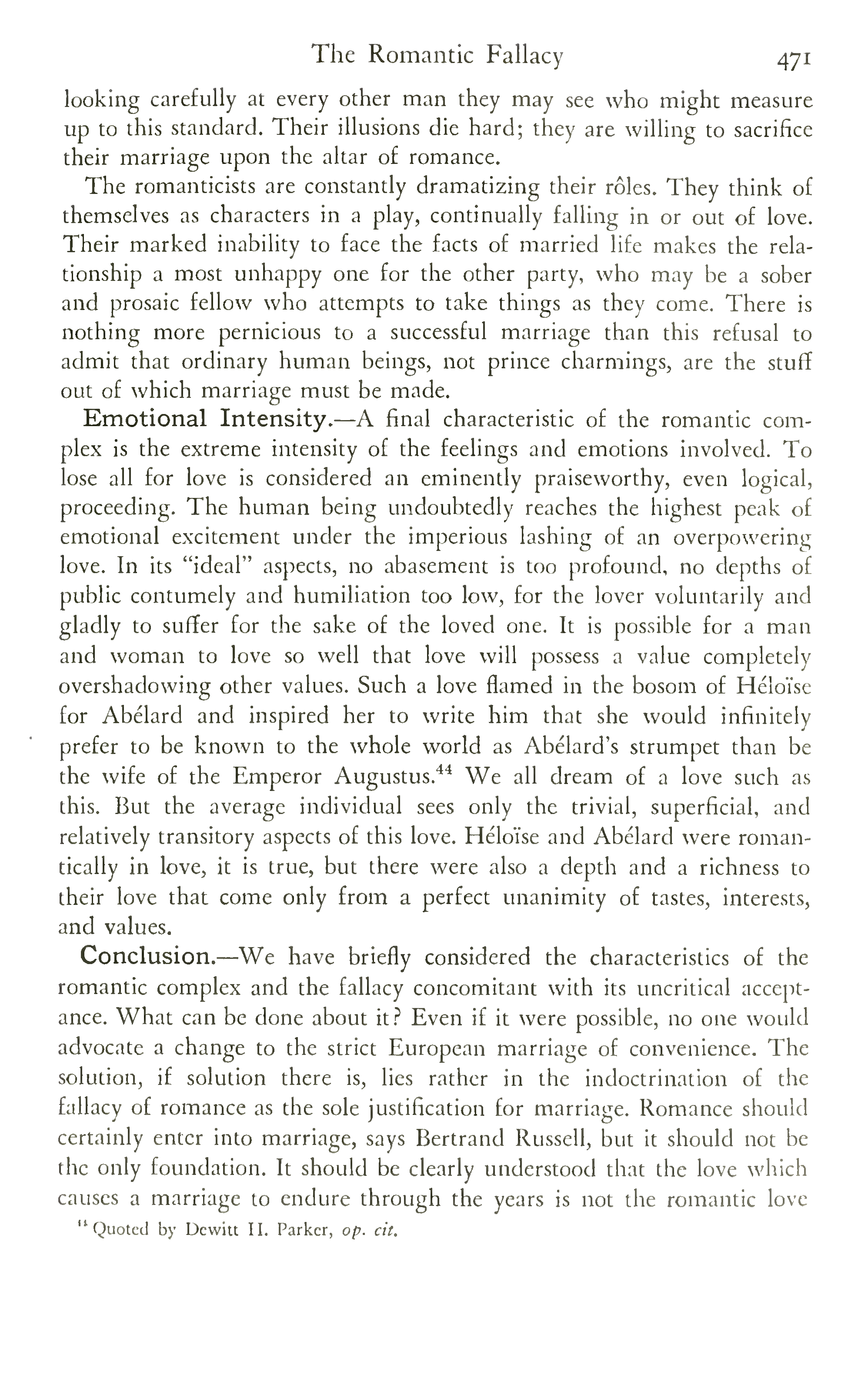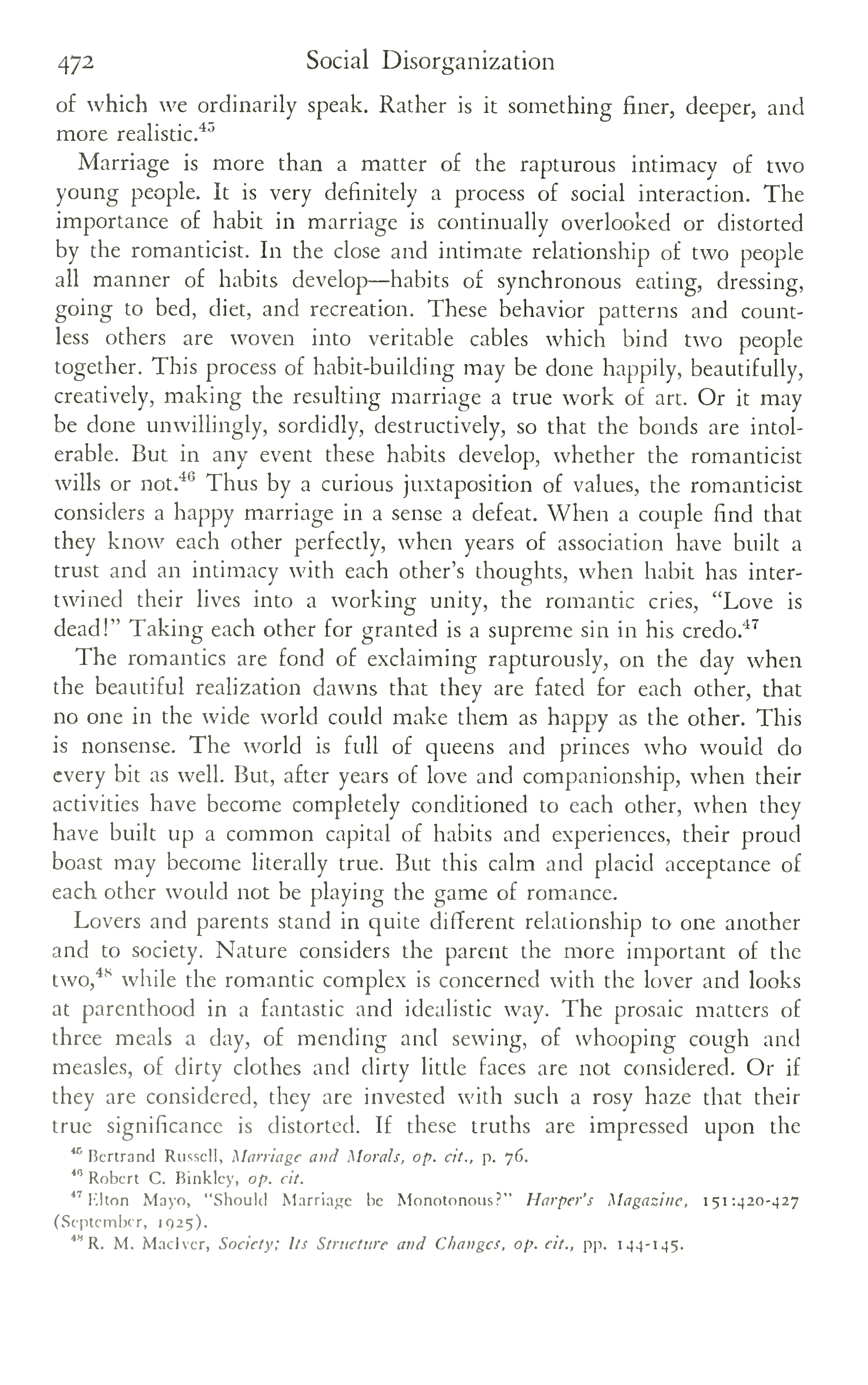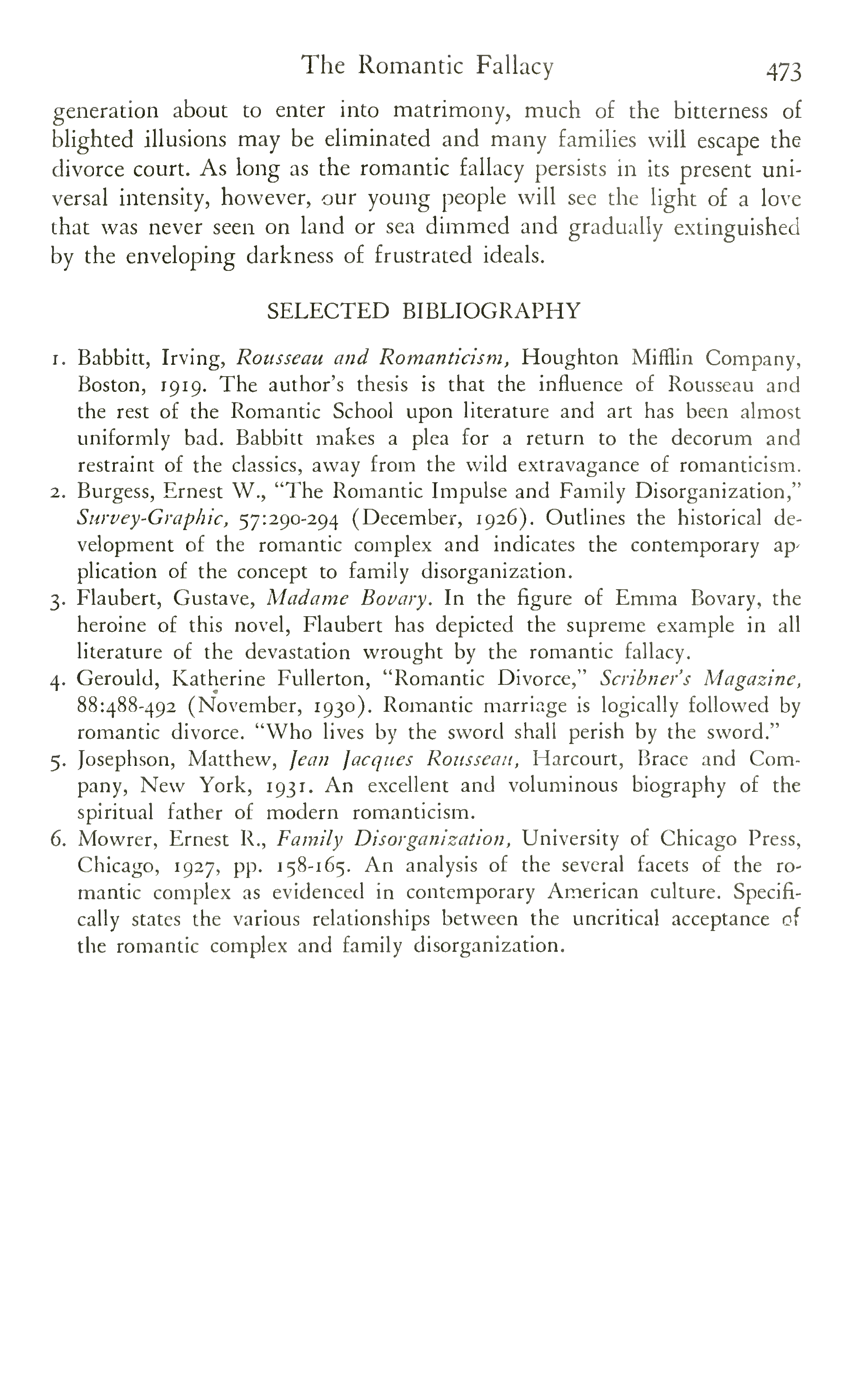The shift from dowry-based marriages to romantic love based unions has resulted in a new economic structure, sometimes humorously portrayed as “His money is our money, my money is my money.”
The following items explore the history of material contributions to marriage from both husband and wife, and their respective families. The traditional contribution of dowry toward a conjugal fund helped to support the married couple — this in contrast to the more recent trend of “romantic love marriages” where typically women bring no material contributions to the relationship table.
VIDEOS AND ARTICLES
– Is Love Enough To Marry On? – by Helen Rose (1927)
– The Dowry System Makes For Wedded Bliss – by Dorothy Dix (1932)
– Dorothy Dix asks: “Is Your Wife Worth 10%?” (1932)
– Dorothy Dix: Father Takes Exception To Dowry System For Daughters (1932)
– Dowry System Favored As A “Good Investment” – by Dorothy Dix (1935)
– Dowries Would Save Many Divorces – by Dorothy Dix (1939)
– Brides Must Have Dowries Or marriage Will Go – by Beryl Castle (1935)
– Decline In Dowry Practice Linked To Rise In Romantic Love – J. Balwick (1975)
– A Discussion on Marital History with Paul Elam & Shah
– What Does She Brings to the Table? ~ Discussion with Paul Elam & Shah
– Romantic Gynocentrism vs. The Dowry ~ Stream by This Is Shah
– What Is Dowry? : Women & Rules of Modern Dating ~ by “It’s Complicated”
– Romantic Love vs. Material Interest in Nineteeth-Century Germany – by This Is Shah
– Dowry Debate: The Newspaper Articles – by This Is Shah
– Most “Trad” Women Aren’t Actually Traditional – by This Is Shah
– The practice of brideprice & dowry in traditional China
‘GOLD PILL’ PHILOSOPHY
– A Very Short Definition Of The ‘Gold Pill’ (Peter Wright)
– Taking the Gold Pill: A Paradigm Shift in Understanding Relationships
– Gold Pill Credo on Reddit (by iTrebor)
– This Is Shah: Why the Gold Pill?
– Urban Dictionary Definition for The Gold Pill (Mundus Imaginalis)
– The Gold Pill: Rebuilding Relationships With Ancient Wisdom (Sufjan S. Fannin)
– The Gold Pill: What It Can Do For A Civilization On The Brink (Sufjan S. Fannin)
– The Gold Pill: Checkmate, Trad Con-Artists (Sufjan S. Fannin)
– I Am the Table—Rethinking Contributions in Modern Relationships (Sufjan S. Fannin)
– An Early Call For The Gold Pill: A Cultural Convention Condemned – (1948)
– The Discussion – The Gold Pill Emerges (with Paul Elam and Shah)
– The Gold Pill & Kinds Of Love (by Suviya)
– Gold Pill And The Modwife (by Vernon Meigs)
– ThisIsShah Comments On Potential First Gold Pill Overdose
– Gynocentric vs non-gynocentric values for men (Peter Wright)
– This Could End the Hypergamy Death Spiral? (Effective Purpose & This Is Shah)
